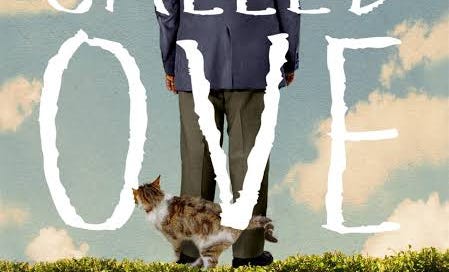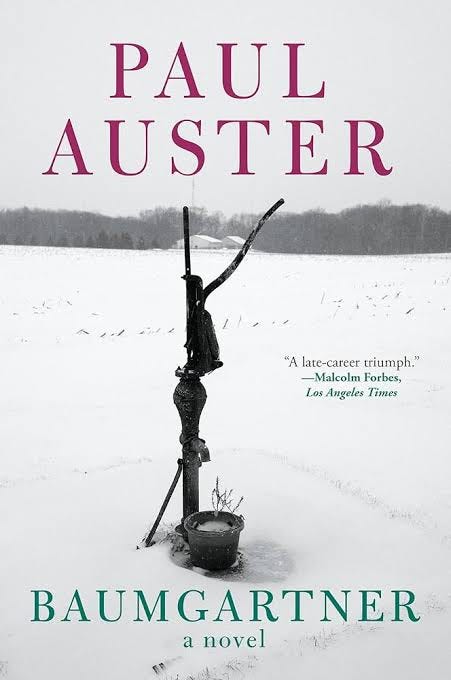Ove is an old man who recently lost his wife to cancer. Already someone who strictly adheres to his principles, a stickler for routines, and uncompromising in his values, who expects others also to follow them, turns even grumpier and gruffier after the incident, causing all his neighbors to consider him a nuisance. When one day an immigrant woman with her family barges into his life, at a point when Ove himself is considering abandoning it, she inadvertently forces him to give life a second chance.
'A Man Called Ove' is a Swedish novel written by Frederick Backman in 2012, which turned out to be a bestseller. Translated to English by Henning Koch in 2013, the book is already adapted into two movies, a Swedish one and an American remake starring Tom Hanks as the titular character. I've watched both of them well before reading this book and loved the former. I consider the English remake an insincere and inferior version of it, and even though Tom Hanks did a great job, moving the location to Pennsylvania, USA, has stripped it of its cultural nuances.
Coming back to the internationally bestselling novel, which is a tragicomedy about an old man who is struggling to deal with the loss of his wife, I think it falls too short of its movie adaptation. The plot is like a magician with a single trick up his sleeve who tries desperately to last an entire show, attempting variations of the same thing. Though he pulls out a variety of marvelous items out of his hat, one cannot ignore that all he does is pull things out of a hat. The novelist establishes the character of his protagonist and then goes on to re-establish it repeatedly in varied plot settings.
Many attempts at plot development look laboriously thought out to elicit maximum emotional response from the readers instead of progressing organically. This strategy makes the motives and actions of characters unclear and artificial. Sometimes new characters appear randomly only as plot devices or to establish facets of the protagonist's already well-established behavior pattern. This obsession with Ove robs other characters of their uniqueness or novelty, and the biggest victim is Parvaneh, who ends up as a token piece.
The novel is also overwritten, with a lot of unwanted flab and needless situations that severely break the flow of the narrative. There are at least two chapters dedicated to explaining the protagonist's behavior, which we have already inferred by his actions. There is a situation where Ove has a few awkward moments with a youngster but soon ends up mentoring him. This makes perfect sense thematically, as it gives an opportunity for the childless Ove to emulate his father. But then the writer goes on to establish the young man as a former student of his dead wife. This is a perfect example of overwriting, as it completely destroys the buildup of Ove mentoring a street kid, because he's no longer a raw material and is already molded by his wife. There are many such examples in the narrative that unwantedly break the flow and make the novel ineffective.
The movie doesn't waste much time and trims the narrative to the bare minimum. For example, it shows Ove beginning a typical day and then wearing a suit and attempting to hang himself just after the titles end. This unusual beginning hooks the viewer to the plot. In the book this situation appears very late, probably in the 4th chapter, seriously diluting the impact. The writing is also very plain and pedestrian, which could also be due to a bad translation. Overall, the novel failed to create any impact on me, even when there are some situations where we tend to emotionally respond with a smile or a moment of sadness. But any blindfolded person could hit one or two bull's-eyes if they throw a sufficient number of knives.
My recommendation is that if you wish to read a novel about an old man trying to make sense of the world after his wife's death and trying to deal with the grief, with some tender moments and a few humorous ones, skip this and read 'Baumgartner,' the last novel by Paul Auster, which is infinitely better.





